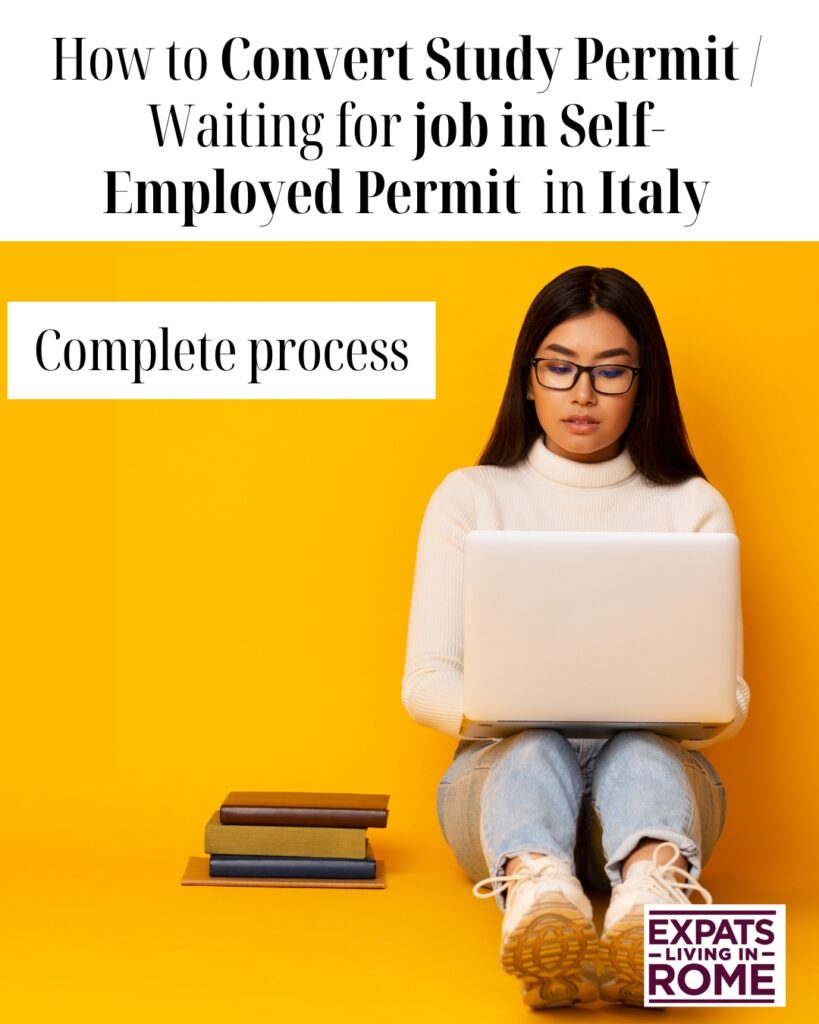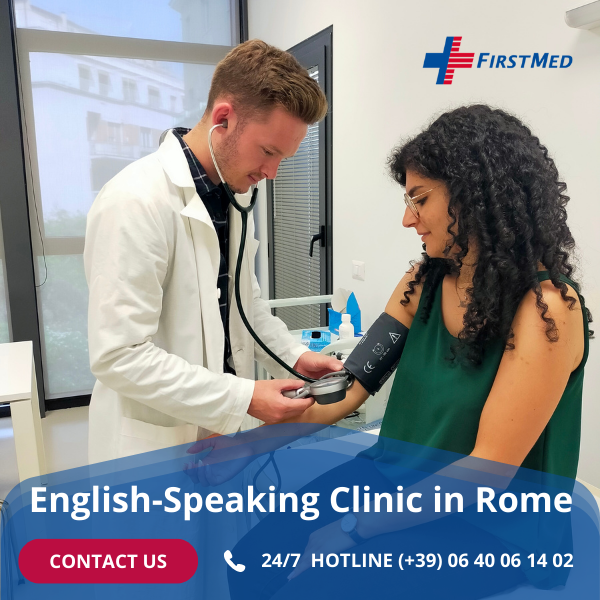How to register voluntarily to the Regional Health Service (SSR) in Italy
by Adriana ruiz
If you are living in Italy and you do not have access to the public health system through employment, pension, or other means, you may still be able to register voluntarily to the Regional Health Service (Sistemi Sanitari Regionali, SSR) and benefit from its services and coverage. However, this option is not available for everyone and it requires some conditions and procedures to be met. Here is what you need to know if you are interested in voluntary registration to the SSR.
What are the regional health systems in Italy?
The regional health systems in Italy, or Sistemi Sanitari Regionali (SSR), are the local implementations of the national health service, or Servizio Sanitario Nazionale (SSN). Each region has the authority to plan and run its own health system, following the state’s standards and guidelines for the basic levels of care. The SSRs may vary in the quality, efficiency, suitability and openness of the services they offer, based on the resources, needs and preferences of each area.
Who can register voluntarily?
According to the law L. 213 of 30/12/2023 art. 1 co 240-241, voluntary registration to the SSR is possible for subjects who have the following requirements:
– They are Italian citizens or citizens of the European Union or of countries with which Italy has bilateral agreements on health care.
– They are not registered with any other form of compulsory health insurance, either in Italy or abroad.
– They have a regular residence permit in Italy, if they are non-EU citizens.
– They have a regular income, declared in Italy or abroad, for the year preceding the registration.
However, there are some exceptions and limitations to this option. For instance, foreign citizens who have entered Italy for reasons of tourism, business, medical treatment cannot make voluntary registration to the SSR, but they can access the services and services provided by paying the full relative rates. Also, for subjects who do not have their own income, reference is made to the income of the subject to whom they are dependent. In the event that the subject is not fiscally dependent on family members (unless he is a minor child), or in cases where this tax burden is not documented (also by self-certification) for each registered subject, at least the minimum quota must be paid.
How to register voluntarily?
The voluntary registration to the SSR is formalized with two steps:
– Compilation of the appropriate form: Modulo d’Iscrizione Volontaria al Servizio Sanitario Regionale. This form can be obtained from the local health authority (ASL) of your residence. The form must be filled in with your personal data, income, and family situation, and signed in front of an official of the ASL or by a public officer.
– Payment of the due contribution. The annual contribution for voluntary registration is determined pursuant to DM 8 October 1986 and is calculated as a percentage of the income of the previous year. The contribution is not divisible, does not have retroactive effect and is valid for the calendar year in which it is paid: the registration therefore expires in any case on 31 December of each year, regardless of the date of payment.
· The contribution cannot be less than € 2,000.00 and is also valid for dependent family members.
· For those staying with a Residence Permit for study reasons, the contribution is equal to € 700.00 (only if the student does not have income other than scholarships or economic subsidies granted by Italian public bodies).
· For those placed on a par, the contribution is equal to € 1,200.00.
For students and those placed on a par, if they have dependent family members, the amount of the contribution must be calculated according to the general methods.
The contribution due must be made with model F24, indicating the tax code, the region code, and the reference year of registration with the SSN.
What are the benefits of voluntary registration?
By registering voluntarily to the SSR, you can access the same services and benefits as the compulsory insured, such as:
– Choosing your general practitioner and pediatrician;
– Having access to specialist visits, diagnostic tests, hospitalizations, and treatments, with the same co-payments and exemptions as the compulsory insured;
– Having access to the essential levels of care (LEA), which include preventive, curative, rehabilitative, and palliative services, as well as pharmaceuticals and medical devices;
– Having access to emergency and urgent care, both in Italy and abroad, within the limits of the agreements between the regions and the countries involved.
Voluntary registration to the SSR can be a valuable option for those who do not have other forms of health coverage in Italy and who meet the necessary requirements. However, it is important to be well informed about the procedures, costs, and benefits involved, and to compare them with other possible alternatives, such as private health insurance or supplementary health funds. If you have any doubts or questions, you can contact the local health authority (ASL) of your residence or the Ministry of Health for more information and guidance.
Our Blog:
15 Must-Visit Museums, Galleries, and Cultural Sites in Italy
Don’t Miss the Chance to Visit the Vatican Museums for Free
A Guide to Visiting the Vatican Museums
Italy’s Most Enchanting Towns Accessible by Train
New Celio Archaeological Park in Rome – Free Admission
The Colossal Statue of Constantine: FREE Exhibition at the Capitoline Museums
Learn Italian and open up new possibilities for your career and personal growth
Prepare for the CILS B1 Citizenship exam to obtain citizenship by marriage, residence or study or work in Italy.
Switching to a self-employment permit from a study or job-seeking one
FAQs for Italian Citizenship by Marriage (2023)
Understanding the Tessera Sanitaria: Your Italian Health Insurance Card
Non-Married Partners: How to Obtain a Residence Permit in Italy as De Facto Cohabitants
How to get tax identification number for foreign citizens (Codice Fiscale)
How to register in Italy as an EU citizen
Mastering Public Transport in Italy
The Advantages of Dual Citizenship with an Italian Passport: Unlocking Boundless Opportunities
What you need to know about Visas and Permits to stay in Italy
Red flags to identify a scam when renting in Italy





Leave a Comment:
You must be logged in to post a comment.